Hamlet: a brush up
Next to The Odyssey, Joyce’s Ulysses makes its most direct and sustained allusions to Shakespeare’s Hamlet, so a brief summary of relevant plot and themes will help most readers.
Hamlet begins on the battlements of the royal castle in Elsinore, Denmark, where the ghost of the late King Hamlet has reportedly appeared twice previously. Horatio, Prince Hamlet’s best friend and a skeptic toward the supernatural, has come to verify or discredit the rumor. The ghost appears again but does not speak, and Horatio plans to tell Prince Hamlet.
Famously, “something is rotten in the state of Denmark” (1.4.90): the king has died suddenly, and rather than the crown passing in the normal line of succession to Prince Hamlet, the late king’s brother (Prince Hamlet’s uncle), Claudius, has taken both the throne and Queen Gertrude (King Hamlet’s widow) for himself. In short, Claudius is a usurper.
Prince Hamlet, home from his university studies at Wittenberg, is grieving his father’s death as well as his mother’s remarriage to an inferior man. Claudius and Gertrude encourage Hamlet to give up his mourning. Hamlet is witty and gloomy. He is also romantically involved with Ophelia, the daughter of Polonius and sister of Laertes, both of whom encourage her to end her relationship with Hamlet.
Hamlet meets the ghost of his father, who informs him that he was murdered by Claudius. The late king compels his son to promise to exact revenge.
There are rumors that Prince Hamlet is mad, and indeed he is a bit unhinged. Whether he is truly mad or merely feigning madness to distract and confuse his enemies is permanently up for debate.
A troupe of actors arrives at the castle, and Hamlet enlists them to perform for Claudius a play that depicts the murder of King Hamlet (Claudius pouring poison in his ear). Hamlet’s plan is to observe Claudius’s reaction to seeing this event on stage, which will confirm for him that his uncle did indeed murder his father. Hamlet needs proof that his revenge is just, perhaps as a matter of conscience or perhaps as a matter of cowardice. Claudius gives him the proof he needs by freaking out at the murder scene in the play. Hamlet goes after Claudius to kill him, and finds him confessing his fratricide in the chapel. Rather than kill his guilty uncle in a state of grace (and thus send his soul straight to heaven), Hamlet delays. Again, might be cleverness, might be conscience, might be cowardice.
Hamlet confronts his mom. As their heated discussion escalates, Polonius (who was hiding behind a curtain) makes a noise, and Hamlet stabs him and kills him. Hamlet continues his verbal assault on his mom, but the ghost of King Hamlet enters and tells Hamlet to back off. Gertrude can’t see the ghost, thinks Hamlet is crazy, but eventually promises not to return to Claudius’s bed.
Under false pretenses, Claudius ships Hamlet off to England with Rosencrantz and Guildenstern, who bear letters of instruction for someone in England to kill Hamlet upon his arrival. Laertes returns to Denmark hot to avenge the murder of his father, Polonius. In this regard, he is a foil to Hamlet (who has failed to avenge the murder of his own father). Claudius tells him that Hamlet killed Polonius. Ophelia goes mad and drowns herself.
Hamlet escapes his fate in England by means of pirates (a deus ex machina we must forgive), returns to Denmark, passes by a graveyard and contemplates the nature of life and death while holding Yorick’s skull. Laertes, leaving Ophelia’s burial, sees Hamlet and confronts him, they grapple in a grave but are broken up; Claudius will arrange for them to have a fencing match.
Before the duel, Hamlet apologizes to Laertes. Claudius poisons a cup of wine intended for Hamlet, but Gertrude drinks it. Claudius and Laertes have poisoned the tip of Laertes’s sword. During the fencing match (which Hamlet is winning), there is a scuffle during which they exchange swords, and both men are wounded; thus, both Hamlet and Laertes are fatally poisoned. Queen Gertrude collapses from the poisoned wine and dies. Laertes confesses to the poisoned sword and blames Claudius; Hamlet attacks Claudius and forces him to drink the rest of the poisoned wine. Hamlet and Laertes forgive each other before Laertes dies. Horatio and Hamlet speak and say goodbye before the prince dies, then Fortinbras of Norway enters and claims the throne of Denmark.
In terms of thematic correspondences to Ulysses, we might do well to consider usurpation, grieving the loss of a parent, being haunted by the ghost of a parent, cunning, conscience, and marital infidelity.
